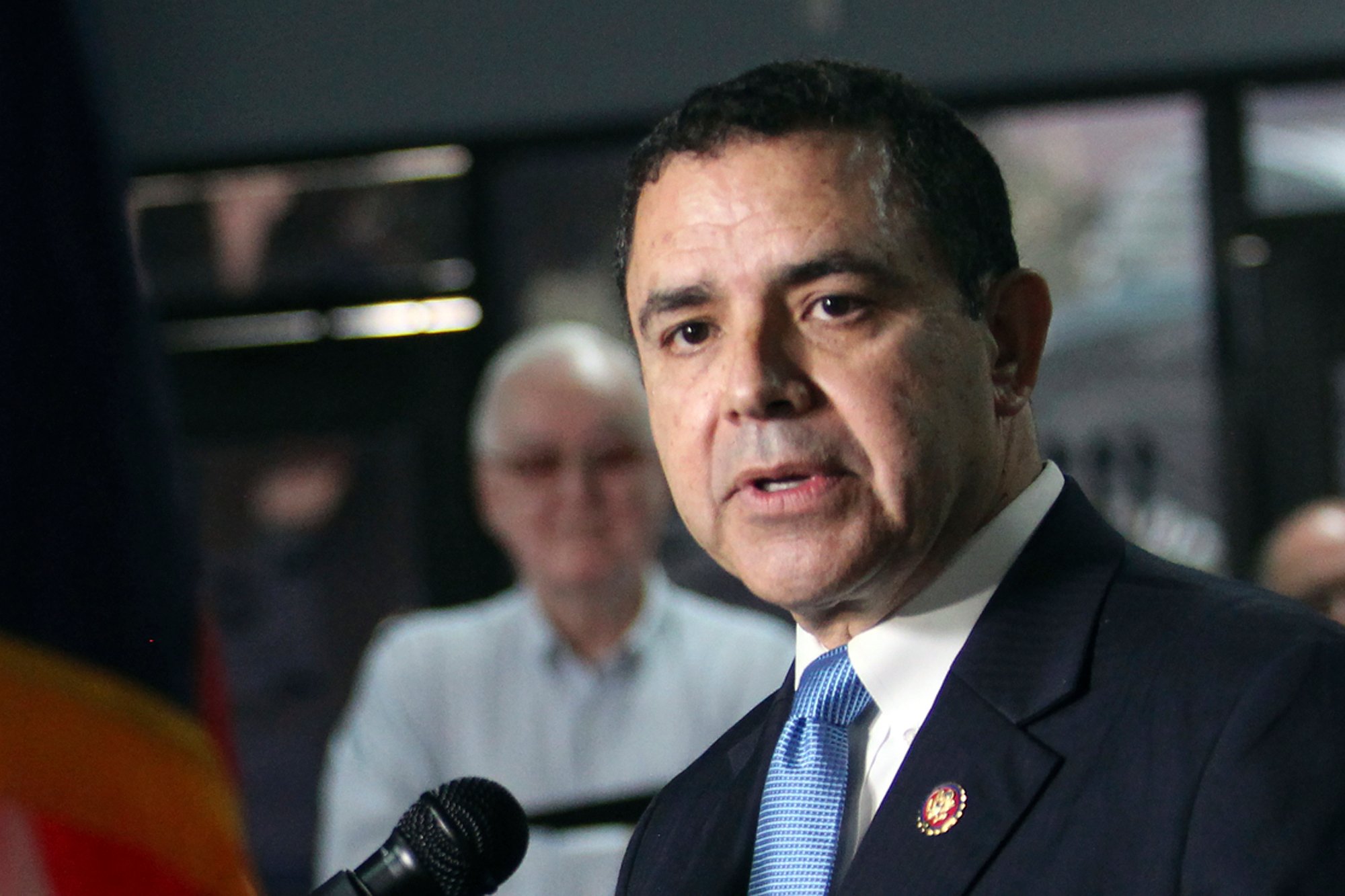ustxtxb_obs_1977_04_08_50_00007-00000_000.pdf
Page 4
Observer interview: JAMES ASHLEY Blanco For more than 20 years, Jim Ashley was a corporate man a true believer and a striver in the Southwestern Bell telephone system. He was recruited by Bell directly from college in 1951 as an executive trainee, and he worked his way up through the district manager ranks in Denison, Lubbock and Dallas. Then, in 1964, Bell moved him out of state to higher-level positions, first in Kansas and then in St. Louis. He returned to Texas in 1970 as a “fifth-level” executive \(there are ten levels in the AT&T San Antonio area, covering two-thirds of Texas, and was headed even higher. As he puts it, “I was a blue chipper.” Then, suddenly, he fell from grace. The corporate power that he had served, defended and helped direct, began to turn on him. He says it all began when he and his boss, former Southwestern Bell vice president T. 0. Gravitt, started asking reform-minded questions about what they considered the phone company’s corrupt ratemaking practices in Texas. He and Gravitt soon found themselves under investigation by their own company. AT&T, on the other hand, says it was Ashley and Gravitt who were engaged in questionable practices and that the probe was merely part of a housecleaning effort Whatever, plenty of pressure was put on the two executives. The internal conflict came out in the open in 1974 when Gravitt took his own life. His eight-page suicide note detailed Bell wrongdoing; Gravitt concluded that “Watergate is a gnat compared to the Bell System.” The company tried first to dismiss the note as the rantings of an ill man, but Ashley stepped forward to back up Gravitt’s charges. Ever since, Ashley has been toe to toe with his former employer. He won a wiretapping suit against Bell in state district court earlier this year, and he and Gavitt’s widow have a $29 million libel and slander suit pending. Ashley now lives in Blanco, where he and wife Bonnie are in the real estate business. The Observer went there for an interview seeking some insight and hindsight into life with a giant corporation. Ashley obviously has an axe to grind, but he also has years as a Bell insider behind him and an important story to tell. Though Ashley says the ordeal of the last three years has made a Democrat of him, it hardly has made him a radical. Basically, he wants Bell to set itself aright and operate more efficiently. While he seeks reform of the company and no longer believes it should enjoy monopoly power, he does not want to see Bell brought to its knees. In many ways, Jim Ashley remains a blue chipper.Ed. OBSERVER: When you left Bell in ’74, what was your job? ASHLEY: In effect, I was in charge of the front office of Bell, in charge of public relations, political contacts, rate negotiations, the business aspect of Bell operations. OBSERVER: Who told you what to do? Where did policy come from? ASHLEY: Policy for the Bell system is set in New York by AT&T headquarters. OBSERVER: Even for Texas? ASHLEY: There’s only one company with AT&T, and that’s AT&T. They go into the subterfuge of Southwestern Bell or some other company name, and they say “we’re not a monopoly,” but the plain fact is that the subsidiaries are totally owned by AT&T. New York told Texas to provide a certain amount of money to the Bell coffers. That was policy. Now, the amount of money [required from] Texas was inordinate. In order for us to get it, the rate payers of Texas had to pay substantially more than they should have been paying. In order to make that happen, the first thing that we had to do was to stop the creation of a state utility commission as long as possible. OBSERVER: And did you? ASHLEY: Yes, until my suit [against Bell]. That’s when it was created. Before then, we had fought the commission successfully for 25 years, and we negotiated our rates with individual cities. Texas was the only state that didn’t have a [statewide] commission, and over those 25 years Texas was the number one earner in the Bell system by a big margin. Now, Bell would make a big to-do over that and say, “Gee, in 1972 we were 12th, or in 1973 we were 16th,” but look at the cumulative total and there’s just no question Bell was earning substantially higher percentages of money here than anywhere else. OBSERVER: The decision to continue fighting the commission idea, was that made by AT&T? ASHLEY: It was. A man very high in AT&T [former vice chairman William Lindholm] had really prospered on this [local negotiating] system down here, and he didn’t want to see it changed. Obviously, you don’t want to kill the goose laying those golden eggs. It wasn’t a matter of whether they could get a fair rate of return from a state commission AT&T didn’t want just a fair return. They had to get more money from Texas to make up for California or Louisiana or other states with tough commissions. Well, in order to do it, you had to just block the [Texas] commission. In order to block the commission, you had to control politicians, you know. OBSERVER: How did you do that? ASHLEY: Well, Bell has a contact reponsibility assigned to every legislator in `AT&T didn’t want just a fair return. They had to get more money from Texas to make up for states with tough commissions. For that, you just had to block the Texas commission. And to do that, you had to control politicians.’


